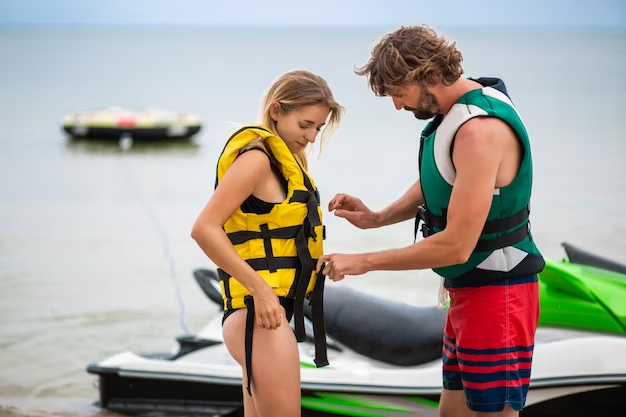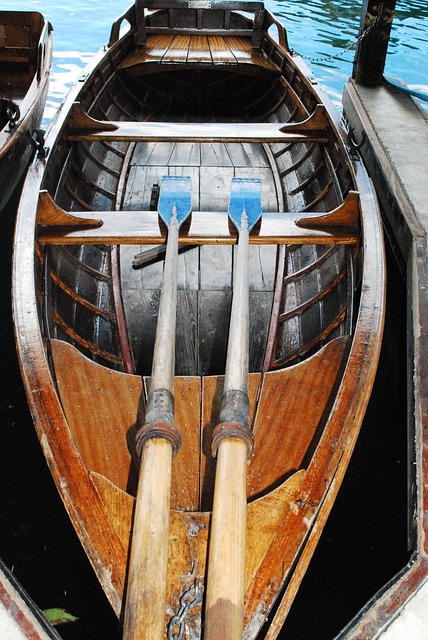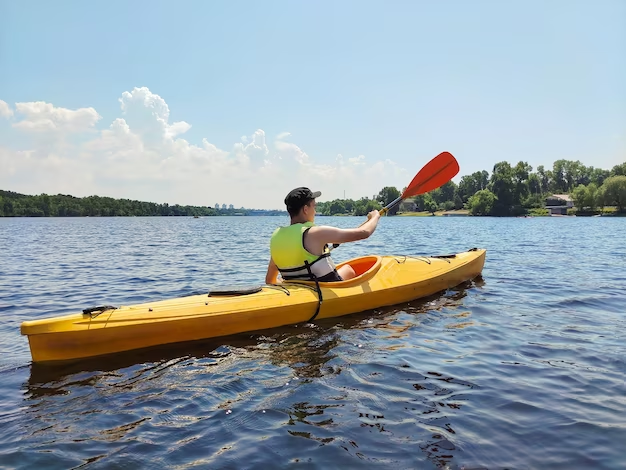Pennsylvania offers abundant opportunities for kayaking enthusiasts to explore its diverse waterways. Understanding the state’s regulations regarding canoe and kayak registration is crucial for a safe and enjoyable experience on the water. This guide provides essential information about Pennsylvania’s canoeing and kayaking laws, focusing on kayak registration, operator requirements, safety equipment, and more.
Understanding Pennsylvania’s Canoe and Kayak Laws
Pennsylvania’s water safety regulations are overseen by the Pennsylvania Fish and Boat Commission (PFBC), ensuring that all watercraft, including canoes and kayaks, adhere to specific guidelines. It’s important to note that while some states require the registration of non-motorized vessels, Pennsylvania offers exemptions for canoes and kayaks that are not powered by motors.
Canoe and Kayak Registration Requirements
Exemptions for Non-Motorized Vessels
Non-motorized canoes and kayaks are generally exempt from registration requirements in Pennsylvania. However, there are exceptions that kayakers should be aware of:
- Fish and Boat Commission Access Areas: If you launch your canoe or kayak in a designated “Fish and Boat Commission Access Area,” registration might be required. These areas have a unique regulation that mandates registration, even for non-motorized vessels;
- State Parks and State Forests: Registration could be necessary if you plan to use your canoe or kayak in Pennsylvania state parks and state forests. Check local regulations to determine if registration is required in these areas;
- Owner’s Choice: The owner of a non-motorized vessel can choose to voluntarily register their canoe or kayak if they believe it’s necessary for their specific activities.
Motorized Vessels and Registration
If your canoe or kayak is equipped with any type of motor, including electric motors and trolling motors, registration is mandatory in Pennsylvania. This requirement applies regardless of the motor’s horsepower or thrust capacity. Any motorized vessel must display the assigned registration numbers on both sides.
License and Operator Requirements
Non-Powered Canoes and Kayaks
Operating a non-powered canoe or kayak in Pennsylvania does not require any special license or certification. However, adhering to boating safety guidelines and regulations is essential for a safe experience on the water.
Motorized Canoes and Kayaks
If your canoe or kayak has a motor with less than 25 horsepower, no special license or certification is required to operate it. However, if the motor’s power exceeds 25 horsepower, you’ll need to obtain a Boater Safety Certification.
Safety Equipment and Operating Rules
Pennsylvania mandates certain safety equipment and operating rules for canoes and kayaks:
- Life Jackets: Every person on board a canoe or kayak must have access to a U.S. Coast Guard-approved life jacket (PFD) that is appropriate for their size;
- Sound Devices: A loud sound-producing device, such as a whistle, is required for both powered and non-powered vessels;
- Navigation Lights: Unpowered vessels need a bright white lantern that can prevent collisions during low visibility conditions. Coastal waters may require additional lights;
- Visual Distress Signals: Visual distress signals are typically not required, except on federally-controlled waters and coastal areas;
- Alcohol Restrictions: Operating a canoe or kayak under the influence of alcohol or drugs is strictly prohibited.

Comparison Table: Canoe and Kayak Regulations in Select States
Here’s a comparison of canoe and kayak registration regulations in select states:
| State | Non-Motorized Vessels | Motorized Vessels | Registration Exceptions |
|---|---|---|---|
| Pennsylvania | Exempt | Mandatory | Fish & Boat Commission Areas |
| New York | Exempt | Mandatory | State-owned launch sites |
| California | Exempt | Mandatory | None |
| Florida | Exempt | Mandatory | None |
| Texas | Exempt | Mandatory | None |
Video explanation
To make it even clearer to you how to properly register kayaks in Pennsylvania, we found a special video.
Conclusion
Before embarking on your kayaking adventure in Pennsylvania, familiarize yourself with the state’s regulations regarding canoe and kayak registration, operator requirements, and safety equipment. Adhering to these guidelines will help ensure a safe and enjoyable experience on the waterways of Pennsylvania.
For more information and specific details, refer to the official Pennsylvania Fish and Boat Commission website.
FAQ
Generally, non-motorized canoes and kayaks are exempt from registration in Pennsylvania. However, if you launch at specific Fish & Boat Commission access areas or state parks/forests, registration might be required.
If your canoe or kayak has any type of motor, it must be registered, regardless of its power. Display the assigned registration numbers on both sides of the vessel.
No age restrictions apply to operating non-motorized vessels. For motorized vessels over 25 HP, a Boater Safety Certification is required. Children under 12 may not operate vessels over 25 HP.
Pennsylvania mandates U.S. Coast Guard-approved life jackets for everyone on board, sound-producing devices, navigation lights during low visibility, and more. Full details are available on the PFBC website.



